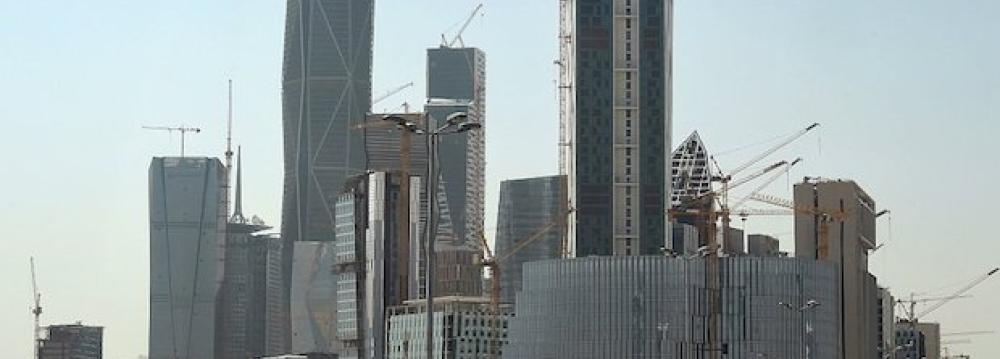Mena countries should press ahead with further economic and structural reforms to boost flagging trade and investment, restore public trust and create jobs for the region’s young population, the OECD secretary-general said.
Opening the 2016 Mena-OECD Ministerial Meeting in Tunis, Tunisia, Angel Gurria said the so-called Arab Spring has made it more crucial than ever for Mena countries to address uneven development, soaring youth unemployment, the low share of women in jobs, and high rates of inequality that may prevent parts of the population from participating in future economic gains, TradeArabia reported.
Regional instability, ongoing conflicts in Syria, Iraq, Libya and Yemen, and unprecedented migration flows are piling new pressure on economies.
“Mena countries have made progress on reforms to increase economic openness, diversification and public governance, yet the popular uprisings of 2011 showed that these efforts have not created prosperity for all. Indeed, inequality and poor job prospects in disadvantaged areas remain major sources of social distress,” Gurria said.
“Only with a concerted effort on reforms to create more open and inclusive economies and improve governance will we achieve stability, prosperity and opportunities for all, especially the young.”
The OECD’s new report, “Better Policies for Inclusive Growth and Economic Integration in the Mena Region”, provides a roadmap for the Mena-OECD initiative, identifying the priority structural reforms needed to make more inclusive and sustainable growth a reality.
Economic growth in the Mena region was 2.3% in 2015 versus an average of 4% for emerging and developing countries. Foreign direct investment in the Mena region has fallen by 50% since 2008 to an all-time low of 1% of GDP in 2015, with regulatory and administrative obstacles a key deterrent to foreign investors.
Regional instability and insecurity is also weighing on FDI as well as tourism, which has dropped sharply in Tunisia and Egypt. Intra-regional trading is scarce, with only 10% of the region’s trade taking place between Mena countries.
To overcome these problems, market access needs to be deepened through trade and investment agreements, a reduction in regulatory and administrative obstacles and improved investor protection.
In addition, it is essential to improve the quality of the region’s transport and logistics infrastructure to enhance connectivity.
A new four-year EU-OECD Program on Promoting Investment in the Mediterranean, launched at the Mena-OECD Forum, will work with governments to support investment reforms, modernize investment policies and establish institutions to attract investors.


